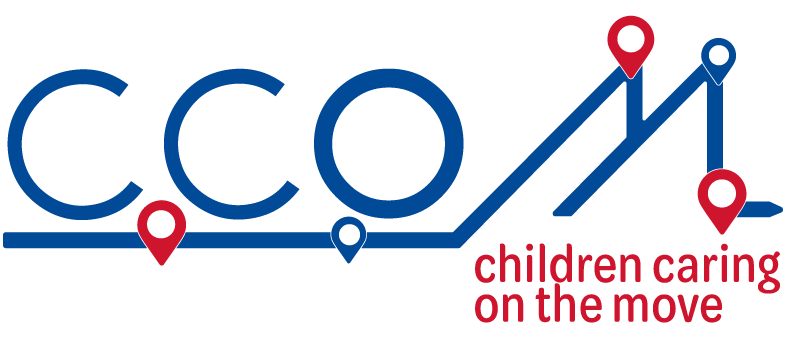2: What does it mean to ‘care’?
Why is it important to look at ‘care’ and how might this concept fit with your professional practice? If you work in social care, you will be very familiar with the concept of care as the core of social care professional values, theory and practice. This is evident in the idea of a ‘duty of care’ which underpins ethical practice, though some argue it is easy for the concept to get lost in the ‘managerialisation’ of social work (see Meagher and Parton, 2004), whilst others point to the significant negative impacts of austerity (Hadwin, 2022). But ‘care,’ when you think of the word in its broadest sense, can mean a lot of different things to a lot of people. On the surface, the term seems simple, even common sensical, because it is deeply embedded in our everyday language. Generally, it evokes a sense of concern outside of yourself and your own interests. The opposite of this might be to state a negative claim, ‘I don’t care’.
Importantly, you might think about care in different ways depending on the situation and context. Do people think about care in the same way if they are at work compared to at home, with their families? Is this different than giving money to charity because you cared about something you saw on television?
 Activity 2.1: Care across boundaries of personal/professional practice
Activity 2.1: Care across boundaries of personal/professional practice
When you think of the word ‘care’, what does it mean to you? Take some time to think about care as it relates to your own family life and then what comes to mind when you think about care in the context of your professional practice.
| ‘Care’ in the context of my own family life | ‘Care’ in the context of my professional practice |
Discussion
How did your thoughts on care differ?
People can think about care in quite different ways depending on what ‘hat’ they are wearing at the time. For example, you might think of your own children as more vulnerable than someone else’s child of the same age. This is quite normal; after all, you know your own children better than other peoples’. Nevertheless, it is worth reflecting on why we do this and how that influences our ideas and thoughts about other children.
You will learn more about this in the next section.

